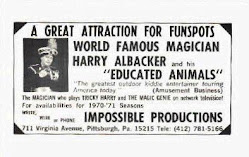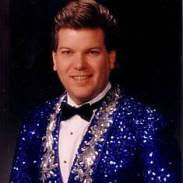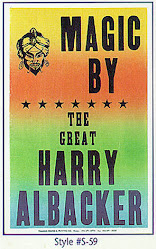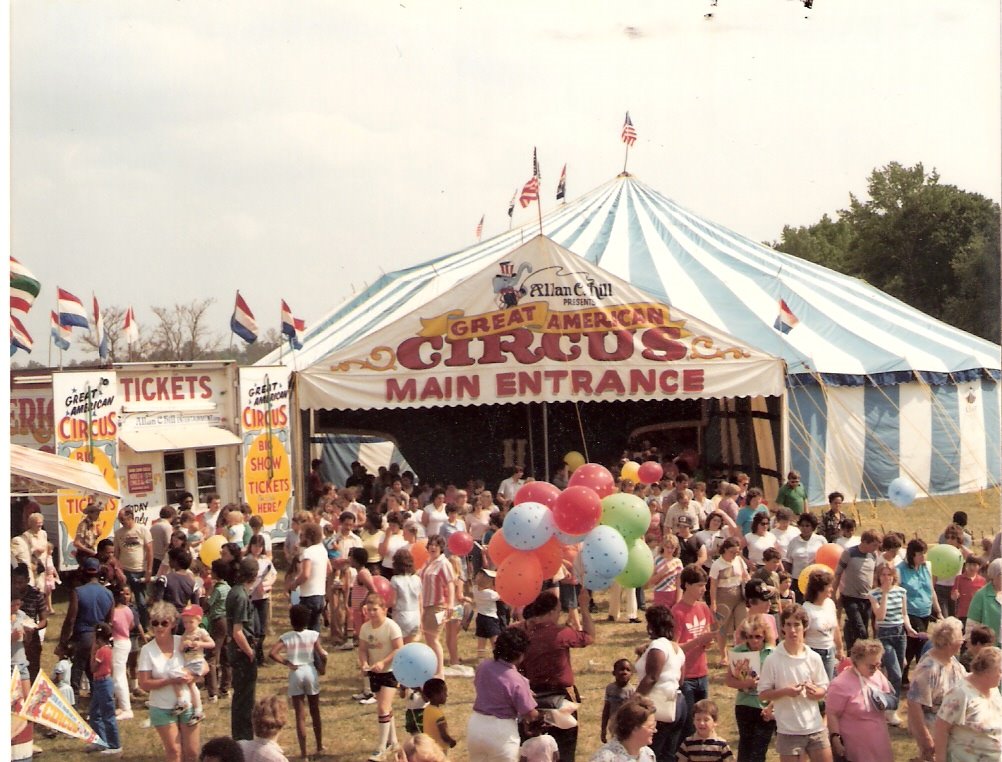Cirque du Soleil cashes in on magic
 Cirque du Soleil has grown from a ragtag troupe of street performers in 1984 to a 5,000-employee entertainment giant
Cirque du Soleil has grown from a ragtag troupe of street performers in 1984 to a 5,000-employee entertainment giantBy Michel Viatteau (AFP) – 1 day ago
MONTREAL — For the first time ever, the Cirque du Soleil is forecasting that this year its special brand of circus melding death-defying feats with plot-driven theater and haunting music will bring in over $1 billion in revenues.
Founded by Guy Laliberte, the company has grown from a ragtag troupe of street performers in 1984 to a 5,000-employee entertainment giant presenting some 20 circus shows simultaneously around the world.
Laliberte, a former fire-eater and stilt-walker who in 2009 enjoyed a two-week trip to the International Space Station, has sold a 20-percent stake to two Dubai firms, but retains control of the Montreal-based company.
Now after a major international expansion, Cirque expects to bring in more than $1 billion (720 million euros) in ticket and merchandise sales in 2011 after posting revenues of $850 million last year, president Daniel Lamarre told AFP.
 Cirque du Soleil is currently producing 17 shows around the world
Cirque du Soleil is currently producing 17 shows around the world
Known for blending traditional circus acts with dance, music, mime and vivid theatricality, it is currently producing 17 shows around the world, including seven permanent shows in Macau, Tokyo, Las Vegas and Orlando, Florida.
Its 2011 forecast relies on the success of three new spectacles, including one featuring the music of Michael Jackson to debut soon in Montreal, and another "Iris" which will take Los Angeles audiences on a fanciful, kinetic foray into the history of cinema and its genres.
But, Lamarre said, the risks are high: each show costs $50-60 million to develop and to turn a profit it must tour for 10 years, selling up to 100,000 tickets per tour.
So far, no Cirque show has ever recorded a loss, instead posting returns of 25-30 percent.
"It's a good business," Lamarre says.
"The Beatles Love," for example, has continued since its launch in 2006 to pack in audiences at a 2,000-seat theater at the Mirage resort in Las Vegas for 10 shows weekly.
Another created for the estate of Elvis Presley scored big too.
Of course, not everyone shares in the success equally. Performers are paid on contract and reportedly not large sums. But it is difficult to verify as great secrecy surrounds working conditions.
"Admittedly, the circus is a booming cultural industry," said Michel Beauchemin, head of the Professional Association of Performing Arts of Quebec (APASQ).
"But the working conditions are far from ideal, at least according to murmurs in the industry," he said.
Cirque spokeswoman Renee-Claude Menard countered: "That's a bit misleading."
"We have more than 1,500 performers and their contracts are renewable. But our staff turnover is very low, only 20 percent, and it is usually due to injuries or career changes," she said.
In fact, no labor complaint has been lodged against Cirque, which offers some fairly unique job opportunities for all those who ever dreamed about running away to join the circus.
MONTREAL — For the first time ever, the Cirque du Soleil is forecasting that this year its special brand of circus melding death-defying feats with plot-driven theater and haunting music will bring in over $1 billion in revenues.
Founded by Guy Laliberte, the company has grown from a ragtag troupe of street performers in 1984 to a 5,000-employee entertainment giant presenting some 20 circus shows simultaneously around the world.
Laliberte, a former fire-eater and stilt-walker who in 2009 enjoyed a two-week trip to the International Space Station, has sold a 20-percent stake to two Dubai firms, but retains control of the Montreal-based company.
Now after a major international expansion, Cirque expects to bring in more than $1 billion (720 million euros) in ticket and merchandise sales in 2011 after posting revenues of $850 million last year, president Daniel Lamarre told AFP.
 Cirque du Soleil is currently producing 17 shows around the world
Cirque du Soleil is currently producing 17 shows around the worldKnown for blending traditional circus acts with dance, music, mime and vivid theatricality, it is currently producing 17 shows around the world, including seven permanent shows in Macau, Tokyo, Las Vegas and Orlando, Florida.
Its 2011 forecast relies on the success of three new spectacles, including one featuring the music of Michael Jackson to debut soon in Montreal, and another "Iris" which will take Los Angeles audiences on a fanciful, kinetic foray into the history of cinema and its genres.
But, Lamarre said, the risks are high: each show costs $50-60 million to develop and to turn a profit it must tour for 10 years, selling up to 100,000 tickets per tour.
So far, no Cirque show has ever recorded a loss, instead posting returns of 25-30 percent.
"It's a good business," Lamarre says.
"The Beatles Love," for example, has continued since its launch in 2006 to pack in audiences at a 2,000-seat theater at the Mirage resort in Las Vegas for 10 shows weekly.
Another created for the estate of Elvis Presley scored big too.
Of course, not everyone shares in the success equally. Performers are paid on contract and reportedly not large sums. But it is difficult to verify as great secrecy surrounds working conditions.
"Admittedly, the circus is a booming cultural industry," said Michel Beauchemin, head of the Professional Association of Performing Arts of Quebec (APASQ).
"But the working conditions are far from ideal, at least according to murmurs in the industry," he said.
Cirque spokeswoman Renee-Claude Menard countered: "That's a bit misleading."
"We have more than 1,500 performers and their contracts are renewable. But our staff turnover is very low, only 20 percent, and it is usually due to injuries or career changes," she said.
In fact, no labor complaint has been lodged against Cirque, which offers some fairly unique job opportunities for all those who ever dreamed about running away to join the circus.




















































































No comments:
Post a Comment